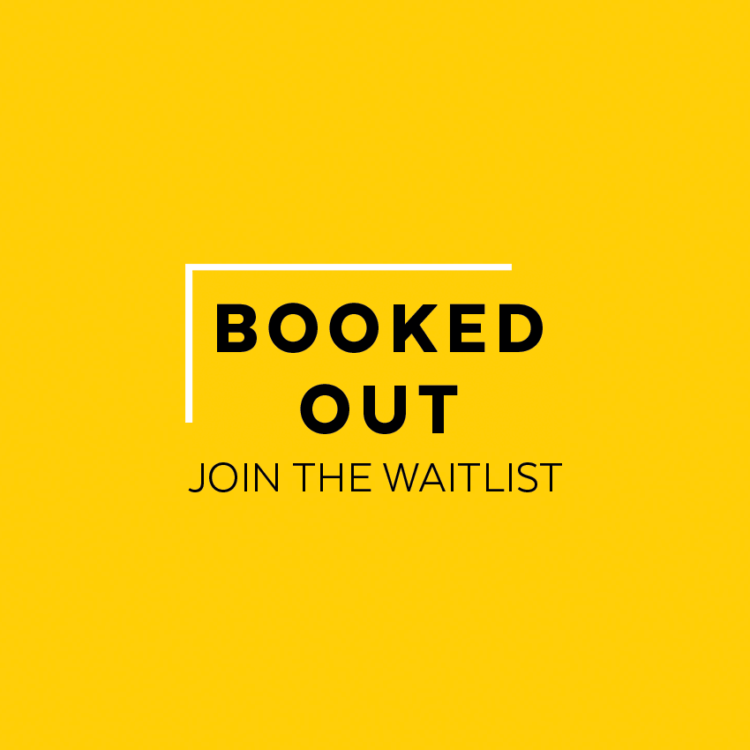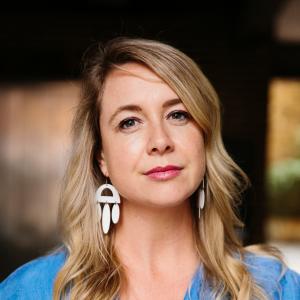Award-winning author Rebecca Giggs will lead you through the process of writing engaging and authentic nonfiction: coming up with a promising concept; planning your research, from interviewing and deep reading through to immersive adventures; crafting memorable scenes and unforgettable stories; and rewriting (and rewriting, and rewriting) your drafts, until your words do justice to the world they describe.
With a reading list and guest speakers from around the world who are experts in creative nonfiction practice, this program will teach you what you need to make your writing stand out on the page and give readers what they are craving.
Using a combination of targeted writing exercises, group discussion and focused feedback sessions, the focus of this course will be on your own writing, with the aim of ending the course with a substantial body of new writing, heading towards a first draft of your manuscript.
- Benefit from the structure of regular classes covering everything from the first conception of an idea through to pitching to publishers, encompassing note-taking, first draft(s), narrative structure, voice and style.
- Learn from our experienced Course Director, as well as guest tutors including top authors, editors and agents.
- Receive a personalised consultation on your project from your Course Director.
- Get it done. When undertaken in conjunction with The Book Proposal: Writing Creative Nonfiction Stage 2, this is a flexible alternative to a creative writing MA, designed for people who are taking getting published seriously and who are prepared to fully engage in the hard work involved. In addition to these workshops, you will be devoting as much time as possible between classes to writing.
- Receive invaluable feedback by having the chance to present your work to your class of other committed creative nonfiction writers.
- Kickstart your career. There is no better way to get on the road to publication than to meet the people who know how to make that happen.
This course can be followed with The Book Proposal: Writing Creative Nonfiction Stage 2.
Graduates of both Writing Creative Nonfiction: Stage 1 and The Book Proposal: Writing Creative Nonfiction Stage 2 will have the opportunity to be published in the annual Faber Writing anthology.
We are pleased to announce a NEW 2022 Faber Writing Scholarship for Writing Creative Nonfiction – details here.




